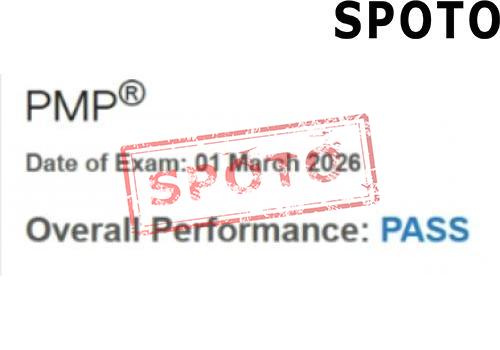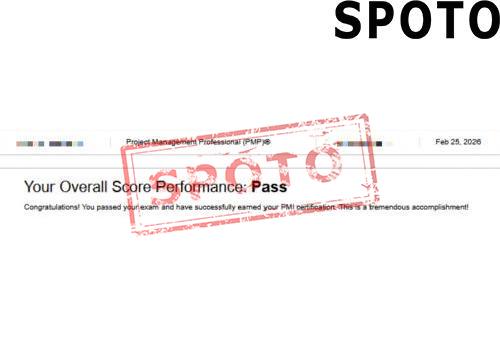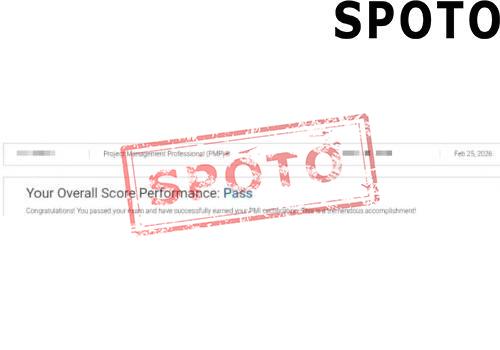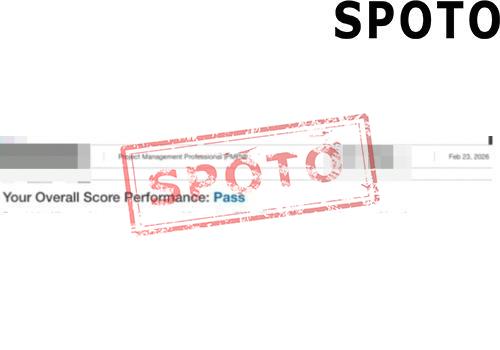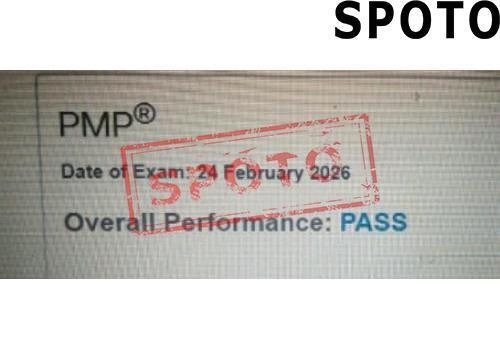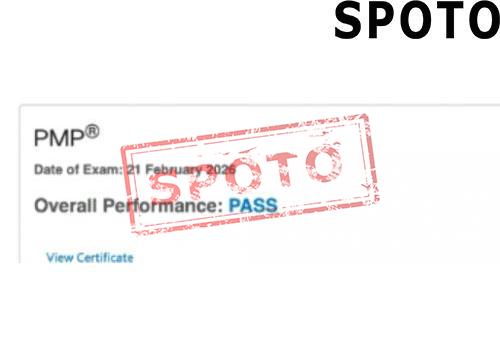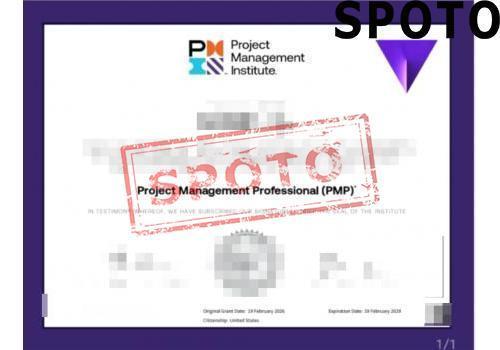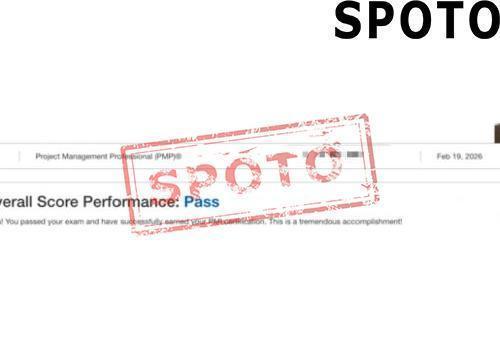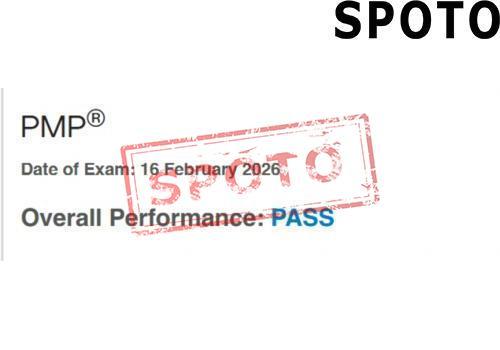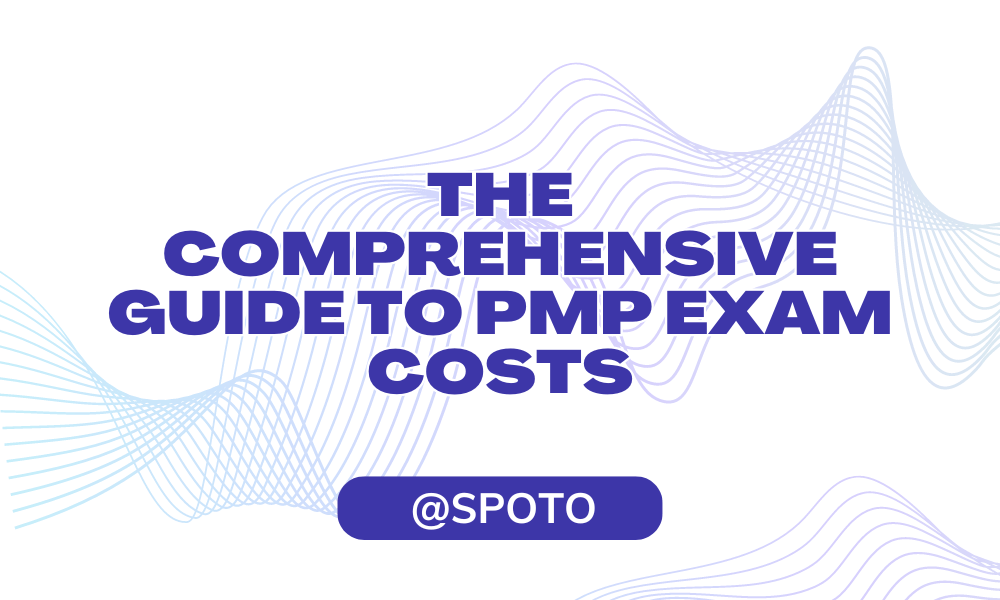
Table of Contents
Introduction
Grasping the full spectrum of costs associated with the PMP (Project Management Professional) certification exam is pivotal for prospective candidates. This certification, offered by the Project Management Institute (PMI), stands as a beacon for enhancing one's career in project management. Understanding these expenses is not merely about budgeting; it's about making an informed decision regarding an investment in your professional growth.
Importance of understanding PMP exam costs
An in-depth comprehension of the financial commitments required for the PMP exam lays the groundwork for strategic planning and preparation. It enables candidates to navigate through various expenses, from application fees to study materials, ensuring no hidden costs derail their certification journey.
Overview of PMP certification and its benefits
The PMP certification is revered in the field of project management, offering a competitive edge, recognition, and potential salary enhancements. It validates one's skills and knowledge in leading and managing projects efficiently. This certification is a testament to a professional's dedication to the field and their capability to handle complex projects, making it a valuable addition to one's credentials.
Requirements to become PMP certified
To embark on the journey towards PMP certification, an aspirant must navigate through a series of prerequisites. These include a blend of educational background and professional project management experience. Specifically, the candidate must possess either a secondary degree complemented by 7,500 hours of leading projects, or a four-year degree alongside 4,500 hours in a project leadership role. Moreover, a 35-hour project management education is non-negotiable, ensuring that every candidate has a foundational understanding of key principles before attempting the exam.
Explanation of the PMP exam structure and format
Peering into the PMP exam reveals a structured assessment designed to probe the depths of a candidate's project management knowledge and skills. The exam itself is comprised of 200 multiple-choice questions, covering a broad spectrum of topics such as initiating, planning, executing, monitoring and controlling, and closing projects. Each question is carefully crafted to test the candidate's ability to apply project management practices in real-world scenarios, making it a rigorous examination of one's practical and theoretical understanding of the field. Candidates are allocated a four-hour window to navigate through these questions, challenging their stamina and depth of knowledge in equal measure.
Free Testing, Explore PMP Exam Content!
Factors Affecting PMP Exam Costs
Several mutable and immutable factors influence the total expenditure incurred while pursuing PMP certification. These include key considerations such as your geographical location, PMI membership status, the nature of your training method, and the kinds of study materials you choose to invest in.
A. Location and Currency Exchange Rates
Your geographical location significantly influences the overall cost of the PMP exam. Countries like the United States may have higher prices due to factors like the prevailing exchange rates. Currency variability can elevate or lower the total cost. Therefore, it is crucial to understand the current exchange rates when budgeting for your PMP certification.
B. Membership Status (PMI members vs. non-members)
Contrasting costs can be observed between Project Management Institute (PMI) members and non-members. PMI members often benefit from reduced exam fees, attributing to a lower total cost. As a PMI member, the exam's fee drops to $405 from the standard non-member rate of $555. These contrasting costs make PMI membership an attractive consideration.
C. Training Options (Self-study vs. Instructor-led)
Training choices also significantly affect the overall cost of achieving your PMP certification. For instance, self-study can be a cost-effective choice compared to instructor-led training sessions that have associated facilitation expenses. Self-study resources can be found via numerous bookstores or online platforms, whereas fees for instructor-led classes can range significantly based on the duration and prestige of the program.
D. Study Materials Choices (Books, Online Courses, Etc.)
The kinds of study materials you choose significantly influence your overall PMP exam cost. Oftentimes traditional print resources like books and manuals provide a cost-effective alternative to pricier online courses or sophisticated exam simulation software. The selection of materials depends on your individual learning approach, budget constraints, and preference for online or offline learning modes.
Tips for Minimizing PMP Exam Costs
Navigating through the labyrinth of PMP certification expenses necessitates strategic planning and savvy decisions. By adopting a series of calculated steps, aspirants can significantly reduce the financial burden associated with obtaining this prestigious credential.
A. Utilizing PMI membership benefits and discounts
Engaging with the Project Management Institute (PMI) as a member opens up a treasure trove of financial advantages. Members are entitled to considerable discounts on exam fees, surpassing the cost of membership itself, thus presenting an economically sound choice. Beyond monetary savings, membership also grants access to exclusive resources and networking opportunities, enhancing the certification journey.
B. Exploring affordable or free study resources
The path to PMP certification does not necessarily require exorbitant spending on study materials. The market is replete with a wide array of cost-effective or complimentary resources. Leveraging platforms that offer free practice exams, downloadable guides, and community support can substantially diminish overall preparation costs. Diving into PMI’s own publications and digital library, available to members, provides authoritative content at minimal or no additional cost.
C. Choosing cost-effective training options
While professional training courses are pivotal for many, the landscape offers diverse formats ranging from self-guided online courses to comprehensive instructor-led workshops. Evaluating personal learning styles and preferences against the cost and format of these programs enables candidates to select the most economical and effective training solution. Some may benefit from the immersive experience of a classroom, whereas others might find online courses, which often come at a fraction of the cost, equally beneficial.
D. Properly planning exam retakes, if necessary
In the event of an unsuccessful attempt, the cost of retaking the PMP exam can quickly escalate. Strategic planning, including setting aside funds for potential retakes, can mitigate financial stress. Additionally, thorough preparation to increase the likelihood of passing on the first attempt remains the most cost-efficient approach. Taking advantage of PMI’s retake discount for members further reduces expenses, ensuring that the journey to certification remains financially manageable.
In conclusion, while the journey to PMP certification involves navigating through a myriad of costs, strategic approaches towards membership, resource utilization, training selection, and exam retake planning can significantly alleviate financial pressures, making the path to certification both attainable and rewarding.
Conclusion
Embarking on the journey to attain PMP certification is a significant professional leap, underscored by the investment one makes in understanding and managing the associated expenses. The PMP exam cost encompasses a variety of financial commitments, from the initial application fee, PMI membership, and local chapter fees, to expenditures on study materials, preparatory courses, and the exam fee itself. Moreover, for those needing a second attempt, reexamination costs add another layer to the financial planning required.
The essence of preparing for the PMP exam transcends mere academic readiness; it demands meticulous financial planning and budgeting. Navigating through the costs effectively requires an acute understanding of the various expenses involved and leveraging strategies to minimize these costs. Opting for PMI membership can unlock valuable discounts, while exploring a mix of affordable or even free study resources can significantly reduce outlays on preparation materials and courses. Moreover, selecting the most cost-effective training options and strategically planning for any potential retakes are crucial steps in ensuring financial efficiency throughout this process.
In summary, while the pathway to PMP certification may seem daunting due to its associated costs, the investment can yield substantial returns in terms of career advancement and professional growth. Candidates are encouraged to persevere, armed with a robust plan for both their study regimen and budgeting strategy. Achieving PMP certification, despite the financial and time investments required, stands as a testament to one’s dedication to excellence in project management.

